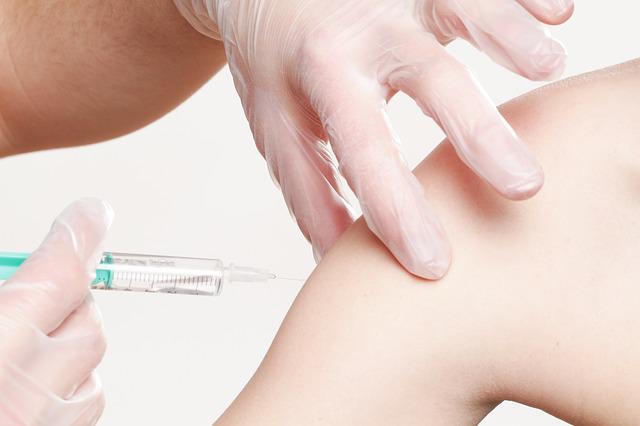Missing Work After Receiving a Seasonal Flu Shot – Is Legal Representation Right For You?
Millions of Americans often get the flu shot in readiness for the flu season every year. Sometimes employers require employees and their families to take the shots to reduce the chances of absenteeism during the season.
However, some go to the extent of arranging for their employees to have the vaccines at work.
While this could be a noble gesture, there are downsides to it. For example, if an employee suffers adverse effects from taking the jab, it could create a situation where the employer could carry liability for any resulting damages.
Employer Liability in an Injury Resulting From Flu Shot
If an employer makes it mandatory for workers to take the jab as a condition for employment, resulting injuries could be deemed work-related. As a result, the employee will be eligible to collect workers’ compensation benefits for resulting damages.
If getting a jab that resulted in your injuries was a mandatory requirement for continued employment, consider getting legal representation from a reputable law firm, such as Finkelstein & Partners, to ensure your rights are not violated.
Elements of a Work-Related Injury
Every workers’ compensation case must fulfill certain conditions.
For example, an injury is only work-related if:
- The employer directly or indirectly benefited from the activity that resulted in the injury.
- The activity was within the terms and conditions of employment, or the employer permitted it.
- The activity serves the employer’s business or a personal purpose and does not deviate substantially from the employee’s scope of work.
- The employer created the situation resulting in the injury.
- The circumstances were created unreasonably and exposed the employee to excessive risks and perils.
- The accident that caused injuries occurred on the employment premises.
However, various factors can be considered in the case of a flu shot. These include the nature of resulting injuries and whether the employer strongly urged their employees to take the shot, even if it wasn’t a formal requirement.
Other factors include whether the shot was provided at no or a reduced cost and whether the employer derived any benefits from facilitating the shots, such as insurance discounts or reduced absenteeism. If any or all these factors exist, then the resulting injury may be deemed work-related.
What if an Employee Got the Shot Somewhere Else?
Most people who get flu shots don’t get them at work but from other designated vaccine centers. Injuries resulting from shots administered under such facilities could also be compensable with the help of a lawyer.
Under normal circumstances, the vaccine maker would be liable for the injuries under defective product liability. However, vaccine manufacturers are protected by law from open-ended liability.
Victims of vaccine injury can recover damages under the National Vaccine Compensation Program created in 1986 through the National Childhood Vaccine Injury Act of 1986. This law aimed to allow vaccine manufacturers to continue manufacturing vaccines without fear of liability that had threatened to bring the industry down in the 70s and 80s.
This program enables victims of vaccine injuries to access compensation from the government on a no-fault basis. The program runs on a “guilty until proved innocent basis,” meaning that victims that sustain expected injuries within the specified time window of receiving the jab are presumed to have suffered injuries from the vaccine.
Common Flu Shot Injuries
For most adults, the flu shot results in nothing more than soreness of the area around the injection, which lasts a few days. If you experience more than usual soreness after a shot, it could signify an injury.
Common injuries resulting from a flu jab include:
- Severe allergic reaction (anaphylaxis)
- Shoulder injury related to vaccine administration (SIRVA)
- Chronic inflammatory demyelinating polyneuropathy (CIDP)
- Guillain-Barre Syndrome (GBS)
- Parsonage-Turner Syndrome
Signs that could point to an injury after a jab include difficulty controlling facial muscles, loss of balance, progressive muscle weakness, severe back pain, and a tingling sensation on toes and fingers.

